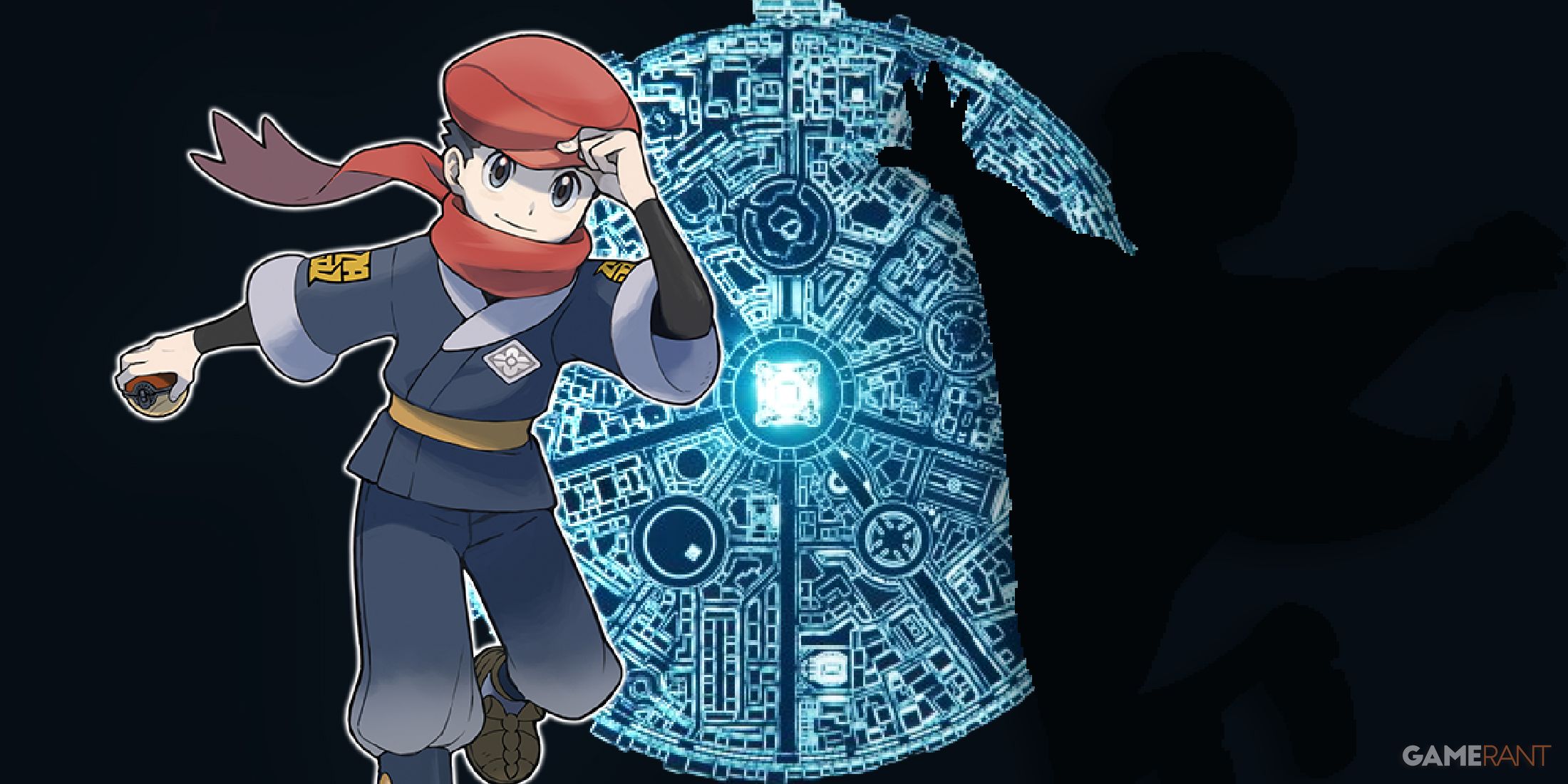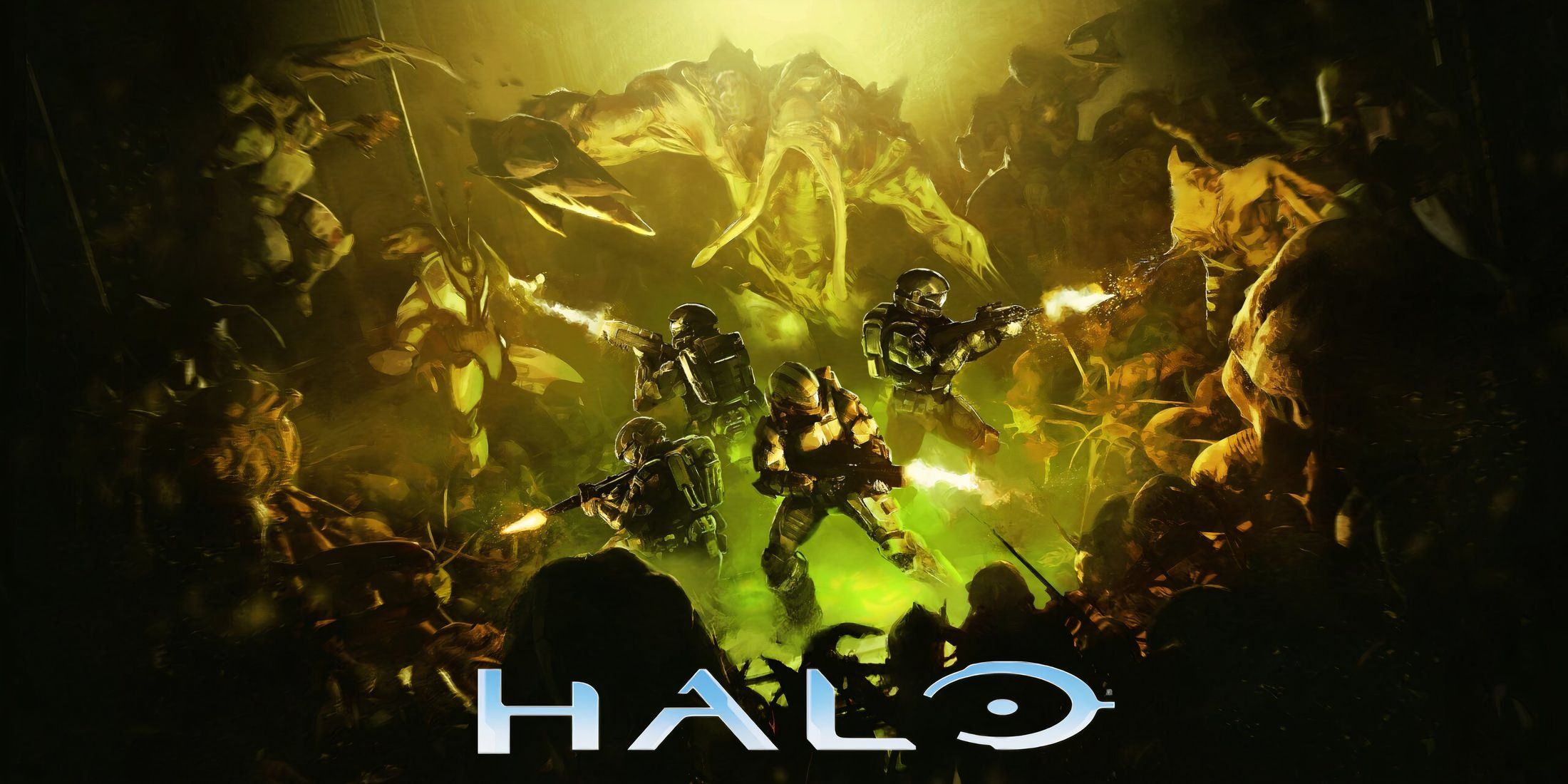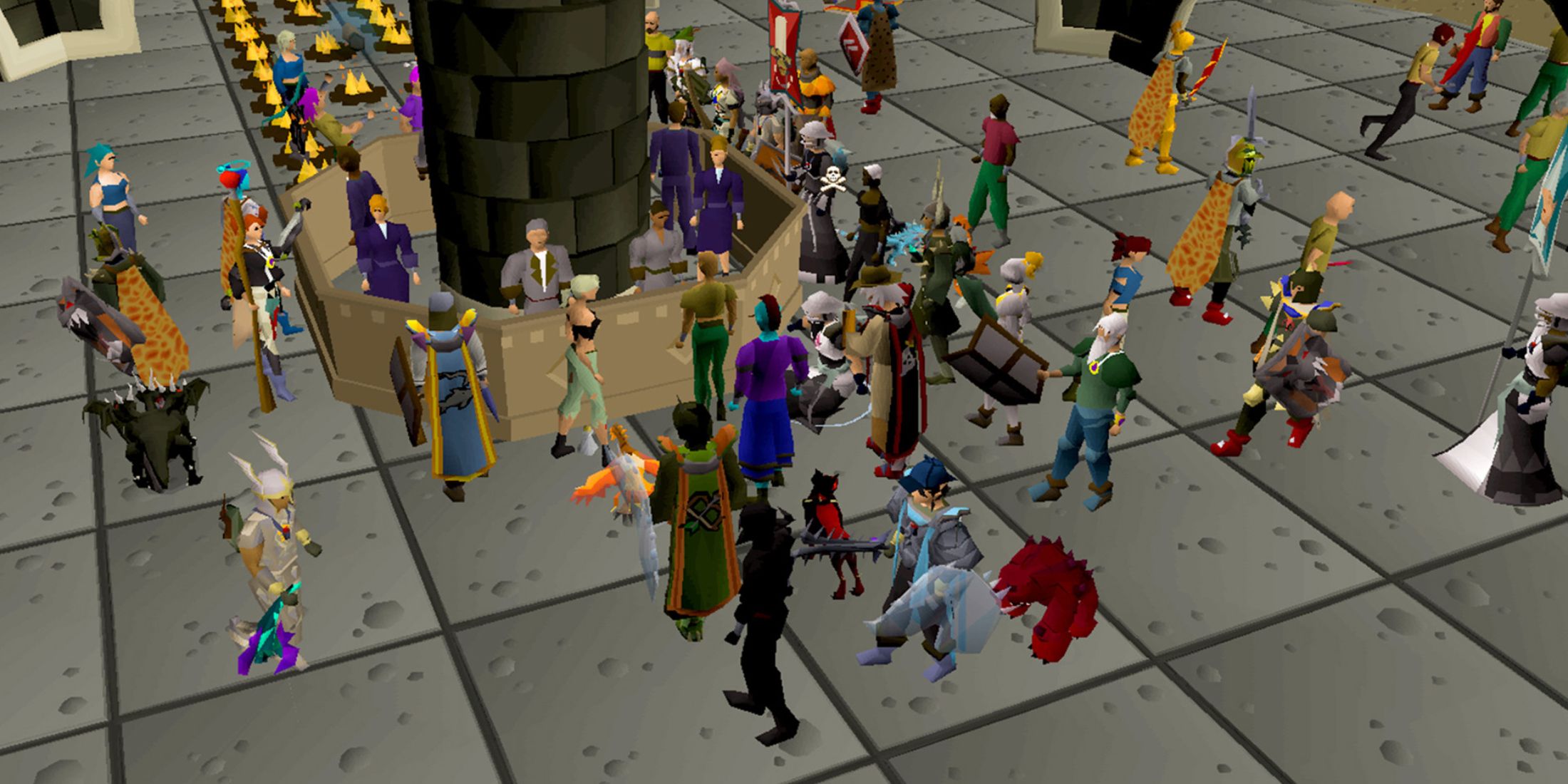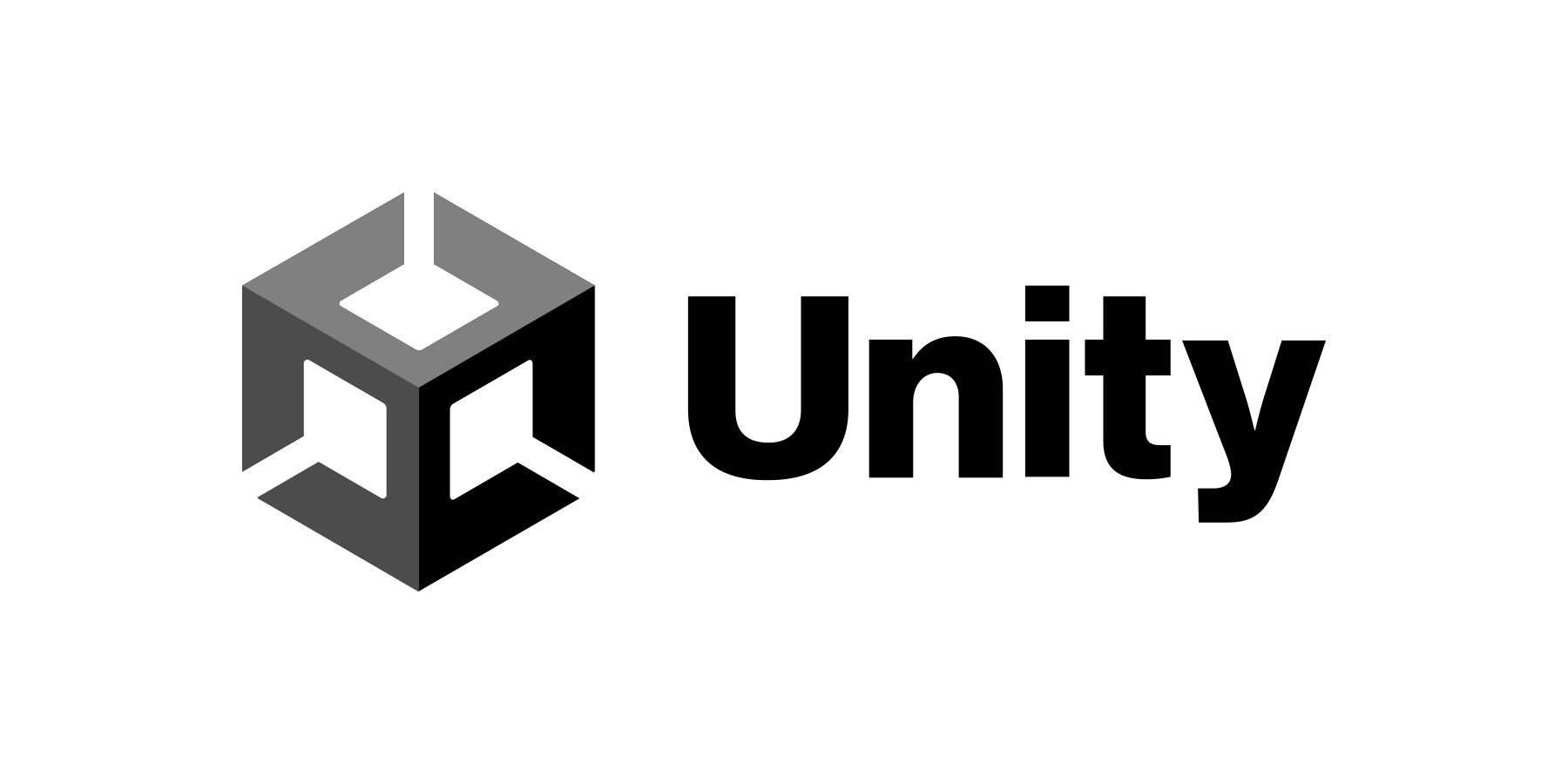Highlights
- Unity Technologies faces backlash from game developers over its new pricing model that includes a "runtime fee" based on installs above a success threshold, leading to concerns about potential exorbitant pricing and the impact on game studios.
- Unity attempts to clarify that less than 10% of its customers will be affected by the change, mentioning specific revenue and install thresholds for different account types.
- Many developers express concerns about how Unity plans to track and differentiate fraudulent installs, as well as their inability to distinguish between legitimate and pirated copies of games, leading to threats of dropping Unity as an engine.
Unity Technologies elaborated on the controversial pricing model change to its popular video game engine. The clarification arrives two days after Unity announced new engine licensing fees that angered many game developers.
The San Francisco-based company intends to soon start imposing a so-called "runtime fee" on some of its clients. The charge is named after Unity Runtime, an executable that's downloaded alongside every game powered by Unity. As such, the fee will be calculated based on a total number of installs for any given title above an arbitrary success threshold, with the price of a singular download ranging from $0.005 for Enterprise accounts in emerging markets to $0.20 for Personal and Plus plans. The announcement prompted widespread backlash from game developers, many of whom argued that the change could easily result in exorbitant pricing due to everything from video game piracy and repeated downloads driven by bad actors to more innocuous things like reinstalls and giveaways.
Unity subsequently took to social media in an attempt to clarify its price hike plans, insisting that less than 10% of its customers will be affected by the change by virtue of being above the fixed success threshold set by the company. For context, Unity Personal and Pro accounts will begin incurring download-based fees as soon as they reach $200,000 in revenue over a 12-month period or 200,000 in lifetime installs, with those thresholds being five times larger for Pro and Enterprise plans, priced at $2,040 and $3,000 per year, respectively.
Unity also said that charity and web-based games will be exempt from the charges. Ditto for any repeated and "fraudulent" installs, although it is unclear how the company intends to track those downloads and differentiate them from their legitimate counterparts, which was one of the key concerns previously outlined by many a developer.
While Unity's definition of fraudulent installations presumably includes pirated content, distinguishing illegitimate copies of games on an engine level isn't always feasible. One frequently cited example of that issue in the developer community is how the company has no realistic means of differentiating between legitimate and pirated copies of Unity-powered games bought from a DRM-free platform like GOG. Given this state of affairs, many game studios are now threatening to drop Unity.
The engine maker's C-suite was seemingly under no illusions about how unpopular this move would prove to be, as underlined by the fact that Unity's CEO sold a substantial amount of his vested stock in the run-up to the new business model announcement. The controversial pricing changes are planned to go into effect on January 1, 2024.




